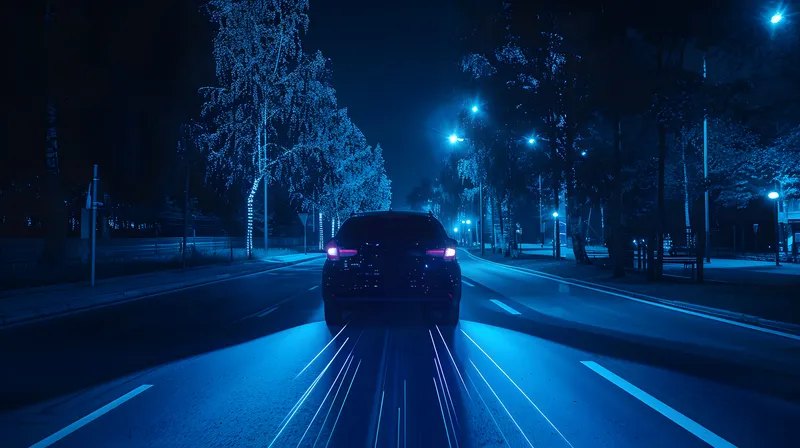With almost six million of the UK’s motorists expected to head to Europe before the end of 2015, new survey by RAC European Breakdown exposes Britons' ignorance of what to do if in distress on overseas roads. It found that most drivers can't name the European Union (EU)-wide three-digit number to call in emergencies. Only 38% know the correct answer is 112.
Worryingly, 10 per cent think the normal UK 111 non-emergency NHS line extends its reach throughout the EU. A further 6 per cent confuse their contin
August 3, 2015
Read time: 2 mins
With almost six million of the UK’s motorists expected to head to Europe before the end of 2015, new survey by RAC European Breakdown exposes Britons' ignorance of what to do if in distress on overseas roads. It found that most drivers can't name the European Union (EU)-wide three-digit number to call in emergencies. Only 38% know the correct answer is 112.
Worryingly, 10 per cent think the normal UK 111 non-emergency NHS line extends its reach throughout the EU. A further 6 per cent confuse their continents and claim they would ring 911. This would, however, only get them through to Canada and the US's emergency services. One in 20 would call 101, which is Britain's non-emergency police hotline.
David Huggon, the manager of Europe-wide breakdown operations for the RAC, said: "We all recognise 999 as the main emergency phone number in the UK, but it appears that once we've left the country we leave our knowledge of who to ring in an emergency behind too.
"The 112 number works right across the EU, including the UK.
"But it doesn't get a lot of promotion - certainly not in Britain, where we have 999 anyway, but not a great deal in continental Europe either, although electronic motorway signage in some countries including France is used to remind drivers.”
Worryingly, 10 per cent think the normal UK 111 non-emergency NHS line extends its reach throughout the EU. A further 6 per cent confuse their continents and claim they would ring 911. This would, however, only get them through to Canada and the US's emergency services. One in 20 would call 101, which is Britain's non-emergency police hotline.
David Huggon, the manager of Europe-wide breakdown operations for the RAC, said: "We all recognise 999 as the main emergency phone number in the UK, but it appears that once we've left the country we leave our knowledge of who to ring in an emergency behind too.
"The 112 number works right across the EU, including the UK.
"But it doesn't get a lot of promotion - certainly not in Britain, where we have 999 anyway, but not a great deal in continental Europe either, although electronic motorway signage in some countries including France is used to remind drivers.”









